A.R.T. seminar at KUMU Art museum, Tallinn
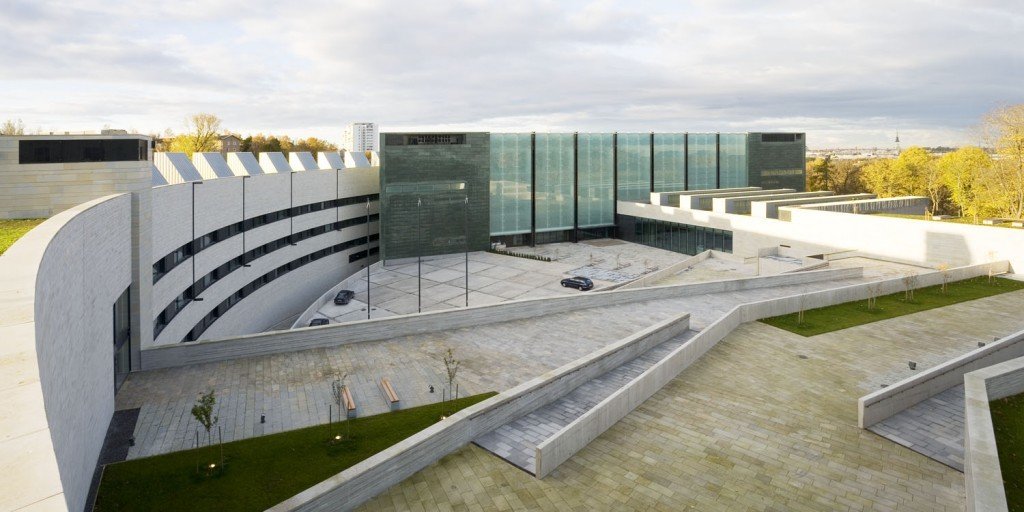
Audience interaction
Esther De Loof & Myrtle Verhaeven
#KumuART2016


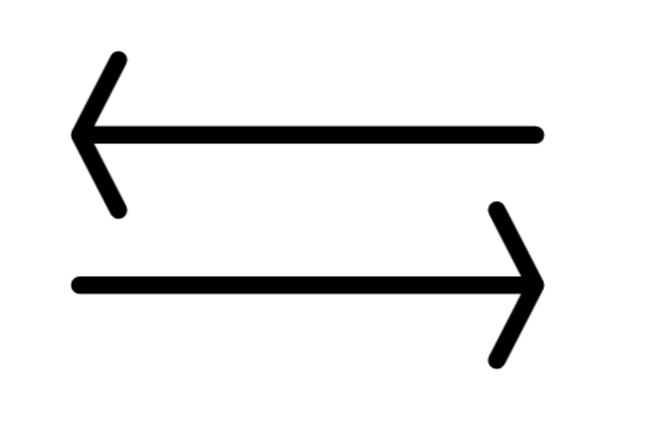
Open science
From one-way communication to a many-to-many conversation


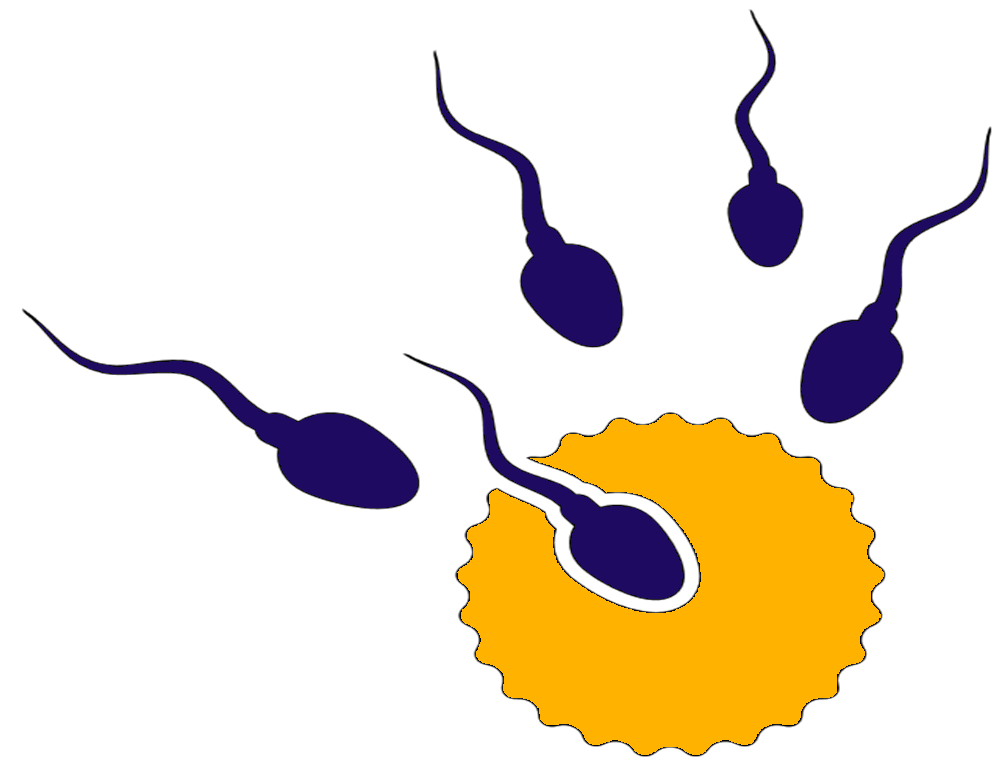

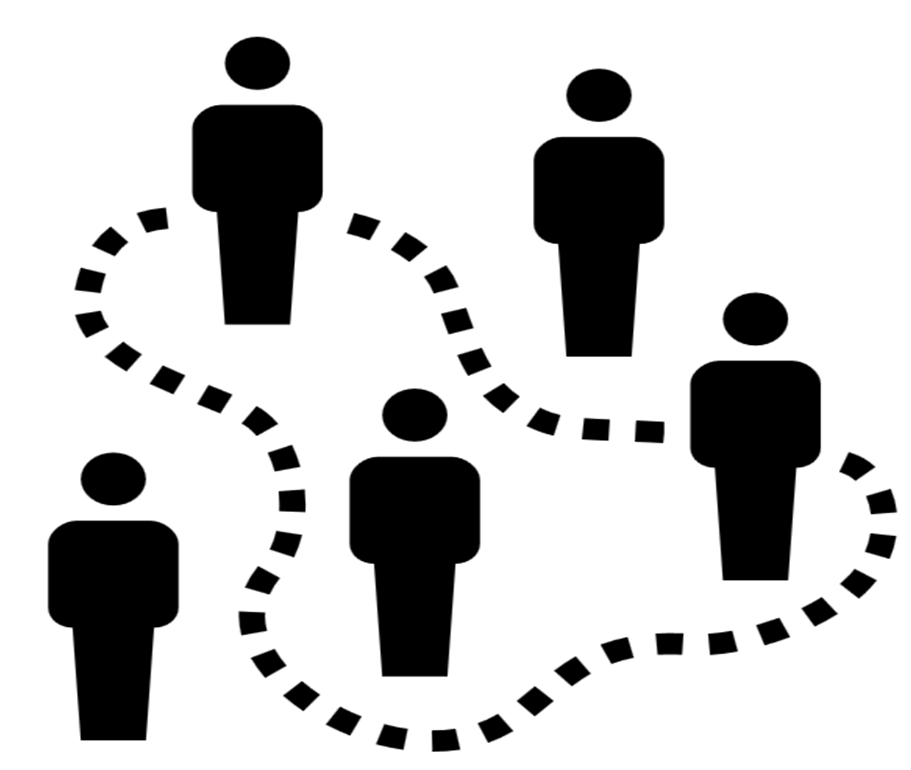


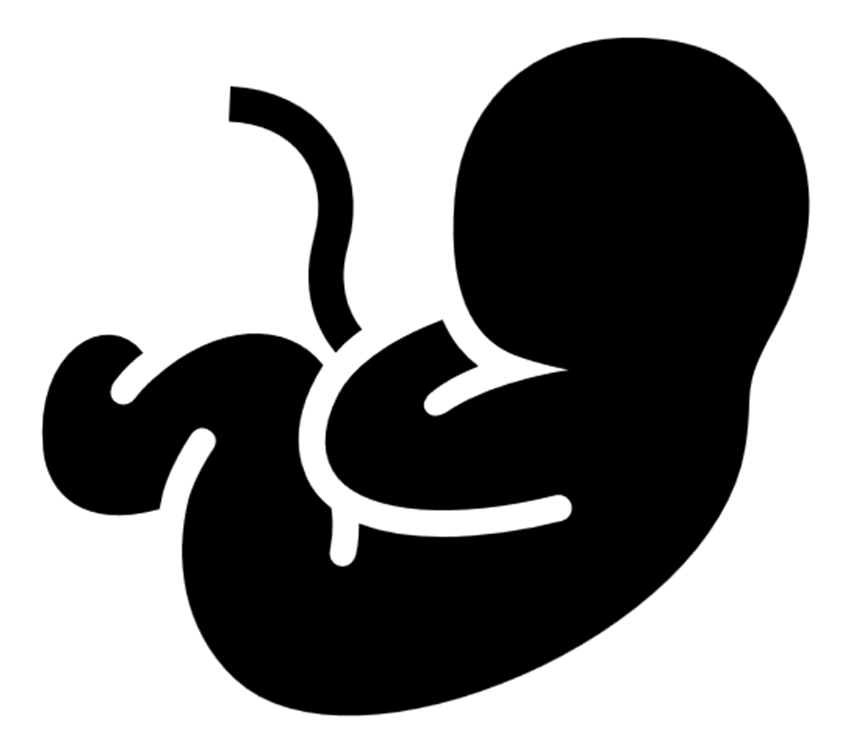


Science
Fertility
Health
Policy
Citizens
Legislation
Breeding
Industry

We welcome your thoughts & questions
- in English, aitah -
1) During the talks
2) As input for the debate

See seminar program at page 26
See seminar program at page 26

All your questions and remarks via Twitter

Connect to ekm
See seminar program at page 26

Follow along with the webslides and share!
See seminar program at page 26
Answer some thought provoking questions.
Go to www.menti.com and use code 10 27 69

Connect to ekm
We wish you all a fertile discussion!
Let's get started
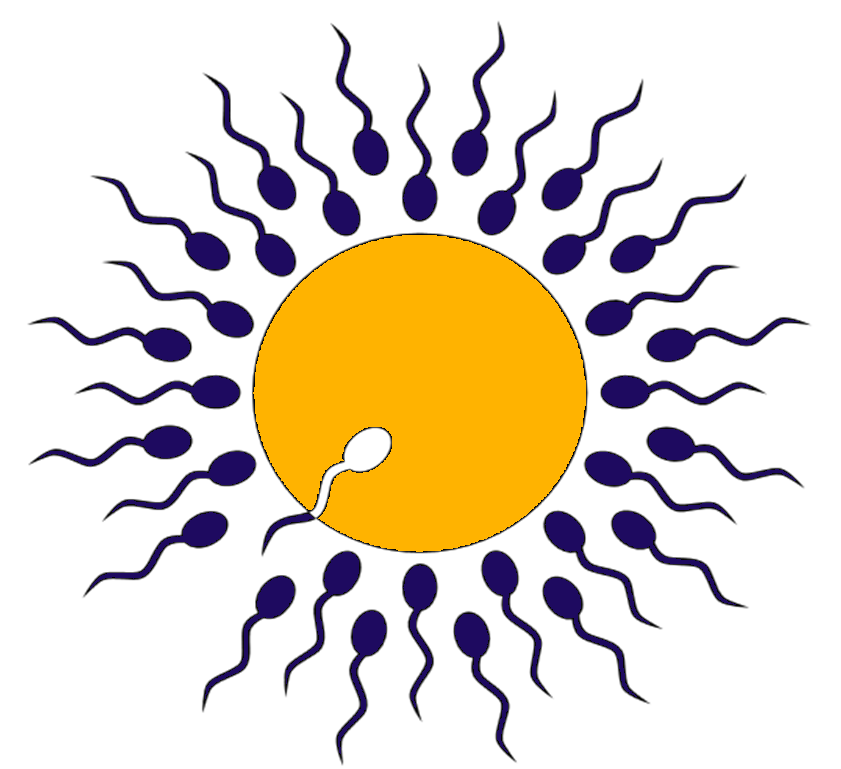
Summary of the debate
Thursday May 12th 2016
Should IVF-embryo's be used to study IVF-mechanisms and the associated risks?
Overall positive evaluation, but the legislation is different across the EU.
Could IVF save endangered species?
The opinions on this topic are very diverse.
Should Lamarcks theory again be acknowledged as a valid evolution theory?
No, but he deserves more respect then he has had, there are some lessons to be learned.
If you would be pregnant after IVF, would you do a prenatal test for BWS?
The risk on BWS is too low to make it useful to perform these tests.
We are not ready to perform these tests yet, but these techniques are being developed.
Are you concerned about the life quality of modern dairy cows?
We should not really be concerned with the health of these cows. Farmers are concerned about the health of their cows, as it also increases production.
Is there a difference between Estonia and Belgium? Not really, all depends on the specific farm.
How do you measure the quality of life of a cow? It depends on their physical condition, lack of injuries and lesions etc. The numbers of cells in the milk production also gives you an indicator of the well-being of the cows. Furthermore, some of the modern milking machines also perform tests on the health of the cows (e.g., detect lameness even before the farmer is aware of a problem). Even more, the nutrient need of the cows is monitored and tailored to the current need of the individual cows.
Would you buy/consume products of genome edited animals? (part 1)
Eating food of cloned animals is less of a problem compared to genome edited animals. As even cloned animals are not available for consumption, we are certainly still a long way removed from the consumption of genome edited animals.
Why are people afraid of the genome editing for food production?
The answer may lie in the history of genome edited plants. The monolpolization of e.g. herbicide resistant plants poses a question on an economic level. Likewise, these monopolizations might also apply to genome editing. So to start we should think about the economical consequences before considering the health aspect.
Would you buy/consume products of genome edited animals? (part 2)
Additional problem: the population becomes less diverse so more prone to diseases. There is a trade-off between optimizing and standardizing production on the one hand and on the other hand relying on a safely high amount of variation in a population.
So what is the difference with the Belgian blue (not genome edited)?
These cows are usually undergoing a cesarean section for giving birth to a calf. This is not much of a downside for the cows, because they don't suffer more from a cesarean compared to a regular birth. However, we are actually creating a type of animal that cannot reproduce without human assistance. In sum, breeding also poses problems, without genome editing.
Should we be able to select embryos for implantation?
To answer this question with another question: shouldn't we want to increase the likelihood of a successful IVF procedure? Also from a clinical perspective, patients really want to increase the change of success.
Also, aren't you already interfering with nature when you are having IVF anyway? So does it matter that much anymore?
Why not change society to allow women to have children earlier in their live instead of focusing on medical solutions? Young people should be more aware of these fertility issues.
From stimulating the ovaries once, you can collect enough oocytes to get pregnant multiple times, so the cumulative creation of children is the same.
Do you think embryos communicate with each other?
This seems to be well established.
Group culture of embryos increases the results of the IVF procedure in animal studies, however that effect didn't seem to hold up with humans.
How does the group culture improve the success rate? The removal of toxic substances is faster, but there are also positive effect such as the secretion of signal substances.
Having a look earlier on in evolution, we see that bacteria are able to communicate with one another, so it comes as no surprise that the same is true for the embryos.
What would happen if women could produce sperm and fertilize themselves?
It is not yet confirmed whether we can make sperm cells from female stem cells, due to a lack of the Y chromosome. It's easier to make an oocyte from a stem cell from a male donor.
Genetic material is not being mixed anymore.
Should we allow the creation of "3 parent" babies?
The 3 parent babies might be rushed too much to the clinical practice without enough evidence. Too much of a prestige project?
Is this the same as cloning? No, because although you are not reprogramming a somatic cell to form a new organism.
KumuART Interaction
By Open Webslides
KumuART Interaction
20160512 KumuART event in Estonia
- 1,643




